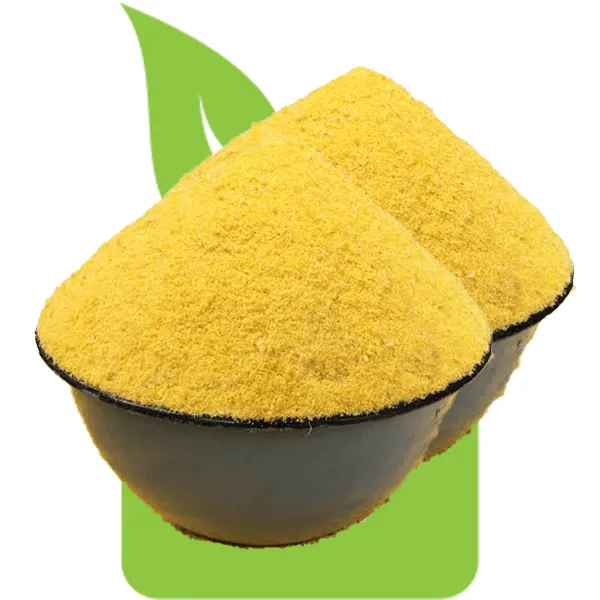Many residents of the Federal Capital Territory (FCT), have lamented the increasing cost of Garri and how the staple food is becoming inaccessible to the average Nigerian.
The latest National Bureau of Statistics (NBS) Food Price Report revealed that the average price of 1kg of white garri increased by 112.34 per cent on a year-on-year basis from N353.16 in March 2023 to N749.89 in March 2024.
On a month-on-month basis, 1kg of white garri increased by 3.66 per cent from N723.45 recorded in February 2024 to N749.89 in March 2024.
Garri is a popular staple food made from fresh starchy cassava roots and there are two types: white and yellow.
Garri flour that is cooked with hot water is popularly called “Eba” and eaten with different types of soups and stews, while it can also be soaked with either cold or room temperature water and drunk with groundnut, sugar, or milk.
From the market survey, a mudu of Garri (white and yellow) is being sold for between N1,100 to N1,500, while a bag sells for between N70,000 to N90,000.
At Garki Market, a mudu of white garri sells for N1,200 while a mudu of yellow garri sells for between N1,300 and N1,400, while a bag of white and yellow garri sells for between N70,000 to N82,000.
At Gwagwalada market, a mudu of white garri is selling for N1,000, while a bag is selling for between N52,000 to N53,000 while at Abattoir Market in Kubuwa, a bag of garri is selling for N80,000.
A civil servant, Egunor Odafe said staples such as garri had become too expensive and unaffordable for the average Nigerian.
“The price of garri, just like any other food item, has gone up. I bought a mudu of yellow garri on Saturday for N1,200 in the Gudu market. I still remember when garri was N500 for a mudu sometime last year.
“All our staple foods have become so expensive and many people can no longer afford to buy them. If as a civil servant, I am complaining, I don’t know what the security man or labourer will do?” she said.
A housewife, Mrs Zainab Gambo said garri had become too expensive to buy thereby, making it difficult for people to buy.
“Garri, beans, bread, and even grains keep increasing every day. These are food items Nigerians usually eat every day but many people are finding it more difficult to buy them.
“This government needs to address the issue of increasing food prices. It has never been this bad. If people can’t afford garri then you know the food situation has become critical, as we can see there is hunger in the land.”
A bachelor, Chibuzor Chukwudife said garri was becoming unaffordable to Nigerians, adding that the government must take measures to address the food inflation in Nigeria.
“Garri is the least food available to the common man and if we can no longer afford it then we are looking for trouble in this country.
“If a man can not get common garri to drink anymore, maybe because he has no job, he may go and steal eventually,” he said.
A driver, Mr Taiwo Hassan said: “garri is not poor man food anymore. Ijebu garri is now N1,500 for a mudu. So I don’t soak garri like before.”
A food seller, Theresa John said she had to increase the price she sold a wrap of Eba to be able to make a little profit.
“The price of Garri has increased. I bought one mudu of yellow garri at Garki market on Saturday for N1, 400, last week it was N1,200.
“I had to increase the quantity and price of my Eba. I was selling one wrap of Eba for N200, now I am selling it for N500 to gain a little something.
“Customers are complaining but they know how the country is. Every day you go to the market the prices of food items have increased,” she said.
A trader in the Garki market, Peter Irechukwu said the price of garri was increasing and varied depending on where it was processed.
Irechukwu said that garri from Agbor in Delta state was usually more expensive than its Benue variant.
“Last month, we bought a bag of yellow and white garri for between N50,000 to N55,000.
“Presently, a bag of yellow garri is selling for between N50,000 to N70,000 depending on where it was processed, while a bag of white garri is selling for N50,000.
“Customers are going for alternatives to meet what their money can afford.
“Many of them are no longer requesting for Agbor garri, they go with the one from Benue while others are buying corn flour as a substitute for garri,” he said.
NAN



